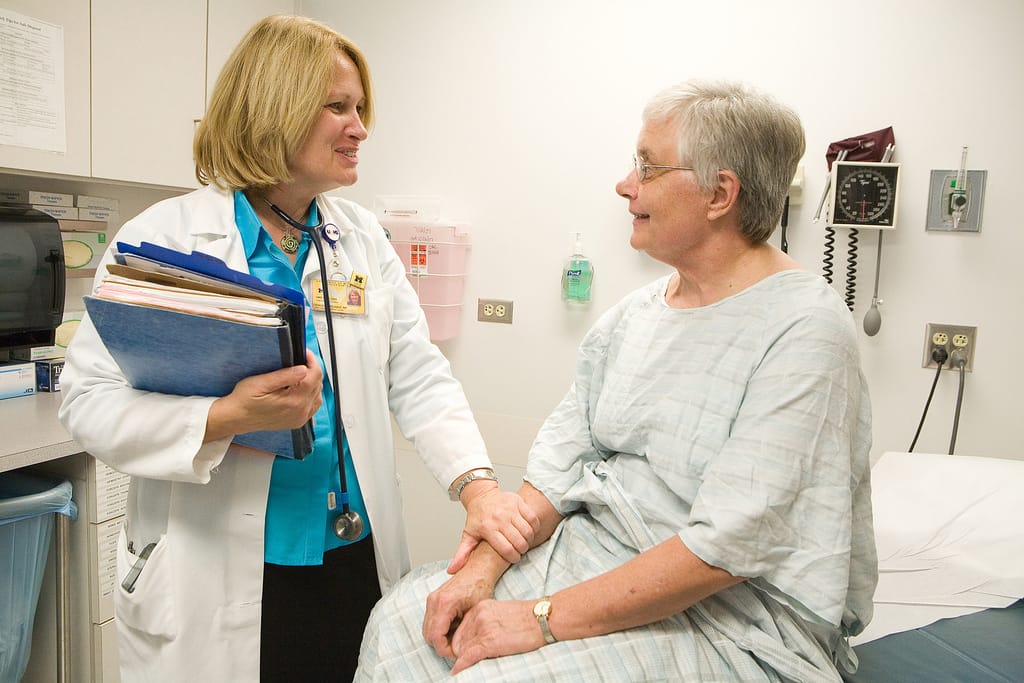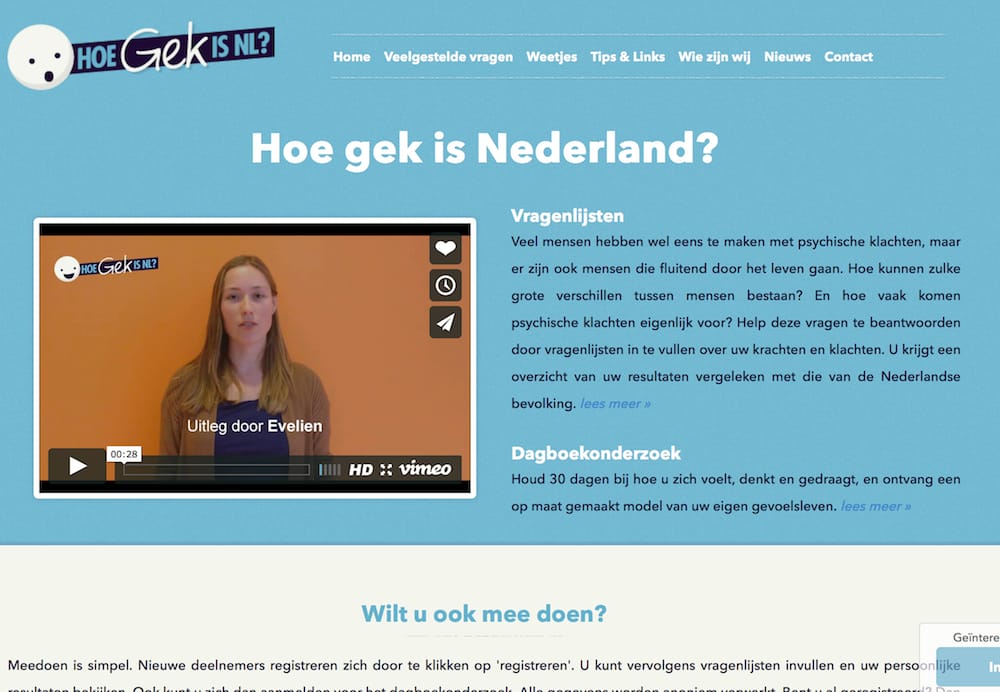The feeling of anger and the craving for revenge are closely linked to each other. Anger and revenge can take on enormous scales contributing to global conflicts. Well-intentioned political involvement might counter possible detrimental effects.
Black boxes are mechanisms, systems, or tools that we use without knowledge or interest in how they work internally; instead we look only at the input and output, or stimulus and response. Psychology, in its drive to establish itself as a hard science, appears to accept the closing of its black boxes with too great a readiness. What I suggest here is simply that we would benefit from a more scrupulous assessment of the validity and pragmatism of the black boxes we create, endorse and use within our field.
Neuroticism is often depicted as an extremely undesirable personality trait, having been associated with all sorts of problems. This post shines a brighter light on being a neurotic, with benefits including enhanced evolutionary fitness, more positive health behaviors, and greater academic as well as vocational success.
The huge stream of immigrants comes with many challenges. These challenges often have an underlying psychological aspect. Psychological theories can therefore help to understand the impact of immigration on both immigrants and locals. They can also be used to develop interventions that could improve the understanding between immigrants and locals.
Homeopathy is a domain of alternative medicine that has no scientific plausibility. However, many people are convinced of its effectiveness because they are fooled by the unconscious psychological mechanisms homeopaths utilize for treatment. One of these mechanisms is the patients’ positive reaction to the empathy homeopaths show during consultations.
Last month, Marieke Timmerman gave her Inaugural Lecture at the University’s Academy building, laying out her academic vision and presenting an overview of her research work. We asked her to write an article inspired by her lecture, so we can share it with Mindwise readers. – ed. Psychology seems to be in crisis. Alarming messages […]
Compulsory retirement prevented me from continuing my empirical research. At the same time, it provided me with the opportunity to study other issues that over the years aroused my curiosity, such as the relation between age and scientific productivity, the association between gun availability and homicide, and the validity of student evaluations in teaching. In this blog I briefly discuss a few of my post-retirement pursuits.
In a recent literature review my co-authors and I compared the symptoms and causes of schizophrenia spectrum disorders and dissociative disorders. The results show the limitations of categorical models of psychopathology (e.g. DSM-5) compared to models that view symptoms as extremes of normal behavior, and models emphasizing that symptoms can cause other symptoms.
There are three ways to extend mobility for older people and patients. We can offer electronic support in or on the means of transportation, we can adapt the infrastructure, and we can provide cognitive training. Dick de Waard focused in his inaugural lecture (and in this blog post) on the first two.
HoeGekIsNL is a national crowdsourcing study designed to create an empirically based representation of mental strengths and vulnerabilities and their role in mental disorders. It is an initiative of the Interdisciplinary Center Psychopathology and Emotion regulation (ICPE), UMCG. The team behind the project is led by professor Peter de Jonge and is comprised of scientists from different fields, including psychiatric epidemiology, psychology, computer science, and mathematics.










